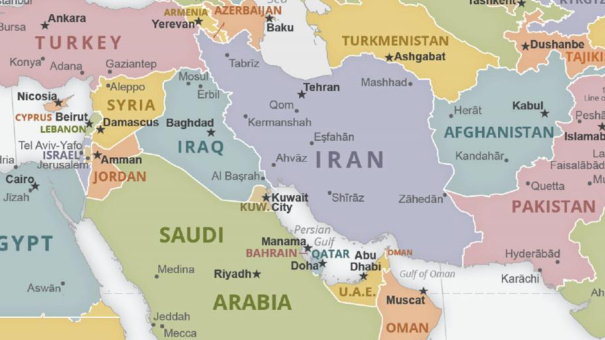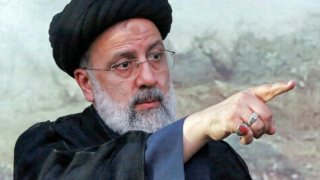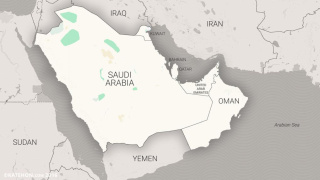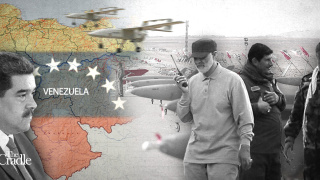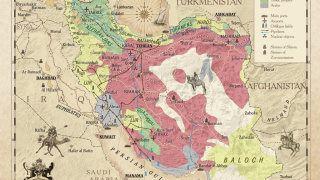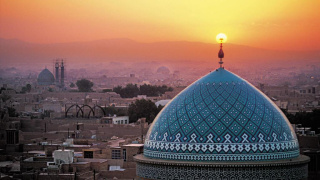“Apart from the three countries that initiated the creation of the mechanism – France, Germany and Great Britain – eight more EU member states have decided to join. Two more countries are expected to follow in their footsteps,” Nathalie Tocci, an aide to EU High Representative Federica Mogherini, said on Monday at the Valdai Club meeting in Sochi, Russia.
The Paris-based organisation wants to enable companies in Iran and Europe to maintain trade in defiance of US threats of sanctions, by offering a payment system which would circumvent US penalties. European companies trading with Iran risk being excluded from accessing the American market as a result of US sanctions.
INSTEX will be headed by former Ambassador Michael Bock, Der Spiegel magazine reported. His compatriot, Bernd Erbel, also a former diplomat who served as German ambassador to Tehran, resigned from his post in early August.
Since its inception in last January, the EU-Iran trade mechanism has been led by three presidents, all German nationals. But Erbel was allegedly forced to resign following revelations in the German daily Bild of him voicing sympathy for Iran while expressing criticism of Israel.
The new appointee Bock (66) – a scholar of international law – was former German ambassador to Colombia, Egypt and Sweden. He joined the German Foreign Office in 1983 as expert on the Middle East.
INSTEX was formed as part of a broader effort by Germany, France and Britain — the so-called E3 — to preserve the 2015 nuclear agreement with Iran after the US abandoned the deal known as the JCPoA (Joint Comprehensive Program of Action).
In Belgium, the parliamentary foreign affairs commission has meanwhile approved a draft resolution supporting Belgium’s membership of INSTEX.
Currently eight EU countries together with Norway have signalled their readiness to join INSTEX. Anti-immigration party Vlaams Belang, however was against the deal.
But at the end of last month, newly imposed US sanctions on the Central Bank of Iran (CBI) and its National Development Fund (NDF) were said to become a hurdle for Europe’s trade channel with Tehran, and potentially target humanitarian goods, experts told The National.
A senior fellow at the Atlantic Council told the publication that the sanctions would undermine European mechanisms for trade with Iran. He said “foreign transactions through INSTEX for example, are also no longer safe from secondary sanctions. They are functionally dead.”
“Essentially the Trump administration is responding by harming the Iranian people and undermining the EU,” he said.
US President Donald Trump announced the measures as the “highest sanctions ever imposed on a country”. The sanctions are in response to attacks on two Saudi oil facilities. The US administration maintains that Iran carried out the attacks.
The US Treasury’s Office of Foreign Assets Control (OFAC) said the new sanctions on CBI and NDF fall “under its counterterrorism authority, Executive Order (E.O.) 13224”.
